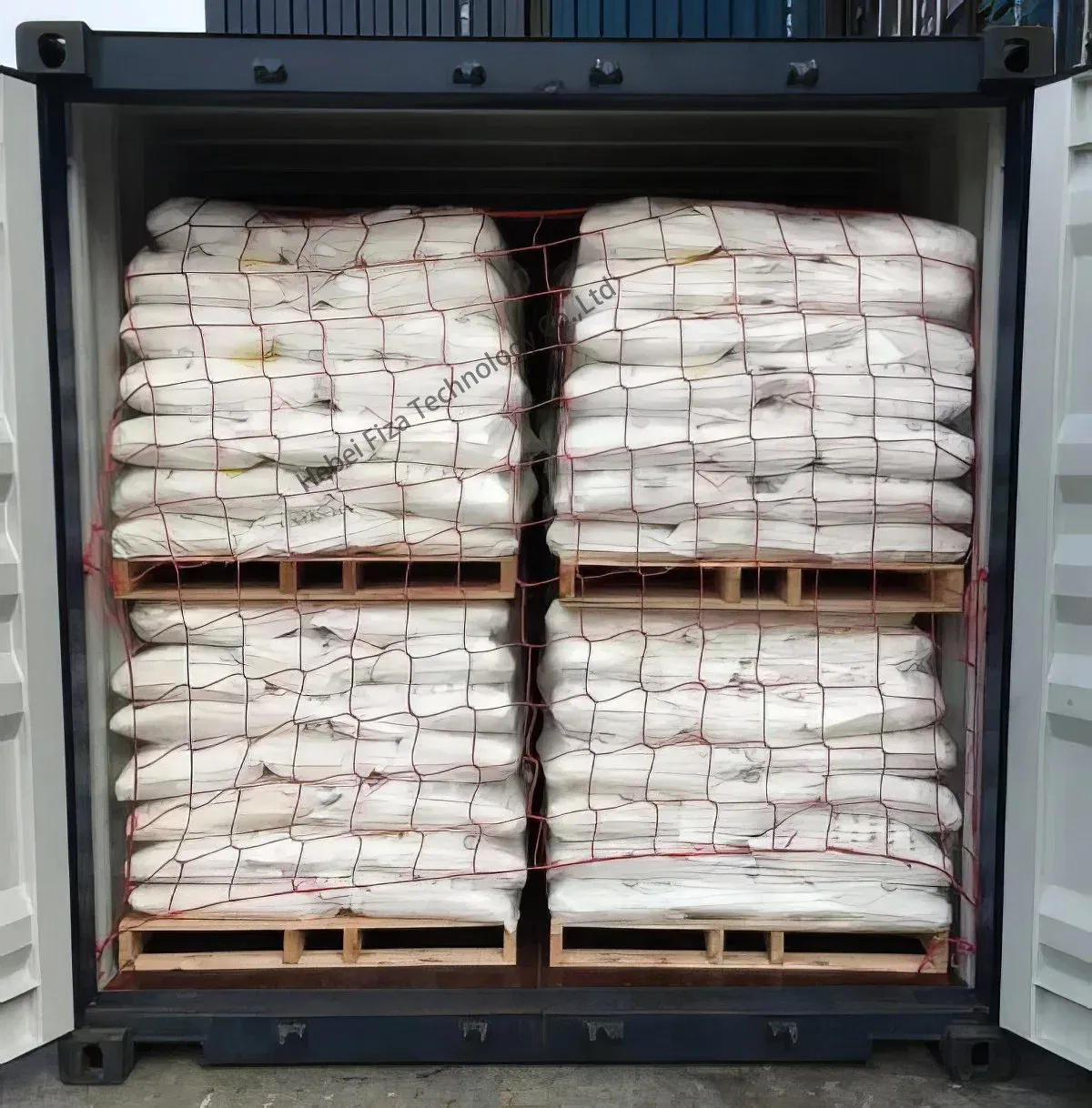



is sodium chlorate ionic or covalent
Sodium chlorate, with the chemical formula NaClO3, is an important compound in various industrial applications, particularly in the production of herbicides and bleaching agents. When examining the nature of sodium chlorate, a key question arises is it ionic or covalent?
To answer this question, we need to understand the bonding characteristics present in sodium chlorate. Sodium (Na) is a metal, while chlorate (ClO3) is a polyatomic ion. Sodium typically forms ionic bonds by transferring electrons to achieve a stable electron configuration, while the chlorate ion consists of one chlorine atom covalently bonded to three oxygen atoms.
In sodium chlorate, the bonding can be classified as primarily ionic due to the interaction between sodium ions and chlorate ions. The sodium ion (Na+) is positively charged after losing one electron, while the chlorate ion (ClO3-) carries a negative charge. The electrostatic attraction between these opposite charges forms an ionic bond.
is sodium chlorate ionic or covalent

However, within the chlorate ion itself, the bond between chlorine and oxygen is covalent. The chlorine atom shares electrons with oxygen atoms, resulting in a stable arrangement. This means that while the overall compound exhibits ionic properties due to the bond between Na+ and ClO3-, the chlorate ion has covalent bonding characteristics.
In summary, sodium chlorate features both ionic and covalent characteristics. The sodium ion and chlorate ion are held together by ionic bonds, while the bonds within the chlorate ion itself are covalent. This dual nature of bonding is common in many compounds containing polyatomic ions. Understanding this hybrid characteristic is crucial in fields such as chemistry and materials science, as it helps predict the behavior of sodium chlorate in various chemical reactions, its solubility in water, and its reactivity with other substances.
In conclusion, sodium chlorate is primarily ionic due to the bond formed between sodium and the chlorate ion, but it also contains covalent bonds within the chlorate itself. This complexity highlights the diverse nature of chemical bonding and the importance of recognizing the different types of interactions present in compounds.
-
Why Sodium Persulfate Is Everywhere NowNewsJul.07,2025
-
Why Polyacrylamide Is in High DemandNewsJul.07,2025
-
Understanding Paint Chemicals and Their ApplicationsNewsJul.07,2025
-
Smart Use Of Mining ChemicalsNewsJul.07,2025
-
Practical Uses of Potassium MonopersulfateNewsJul.07,2025
-
Agrochemicals In Real FarmingNewsJul.07,2025
-
Sodium Chlorite Hot UsesNewsJul.01,2025










